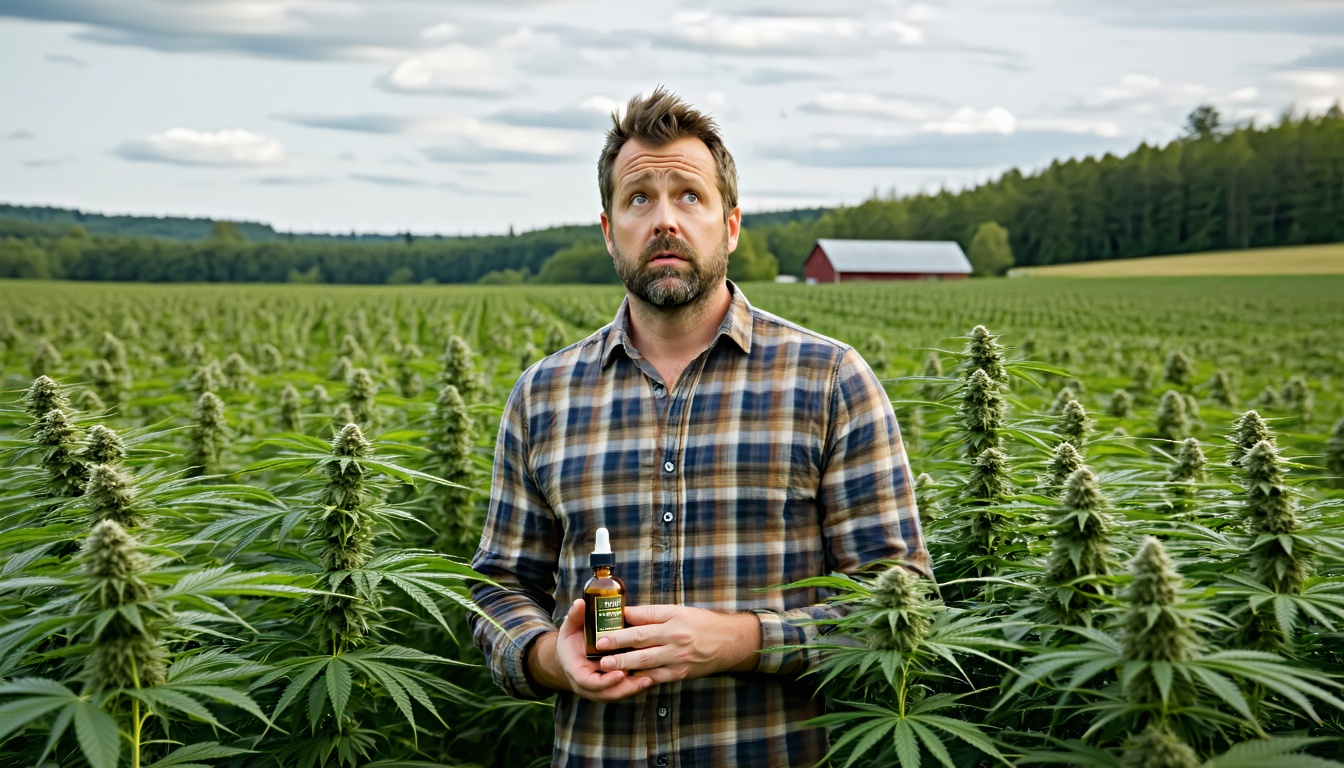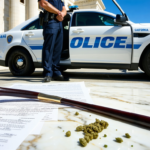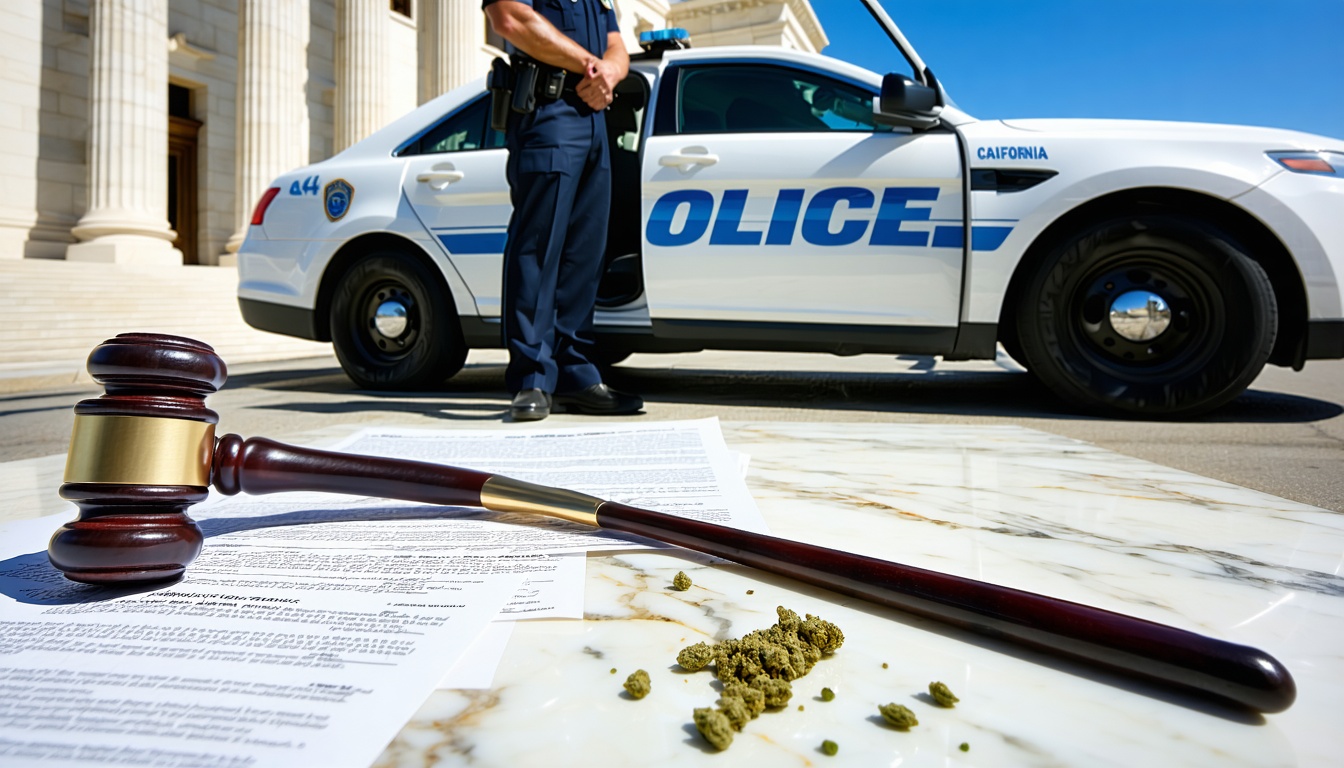New Federal Hemp Law Sparks Outrage Among Farmers, Advocates
The recent signing of a federal hemp law by President Trump has sparked outrage among farmers and advocates in the industry. The law, which redefines hemp so narrowly that it could effectively ban most full-spectrum CBD products, has been criticized for its lack of scientific basis and its potential to harm small businesses and farmers.
Mike Simpson, co-founder of Lovewell Farms, Rhode Island’s only USDA-certified organic hemp farm, wrote an op-ed expressing his concerns about the law. Simpson and his farm have been growing legal hemp outdoors, using natural ethanol extraction, and creating safe, full-spectrum CBD products that are lab-tested and compliant with state regulations.
The new law criminalizes any product with more than 0.4 milligrams of THC or THCA, and targets products extracted “outside the plant,” including widely used, safe methods like ethanol distillation. Simpson argues that this definition ignores botanical reality, as it is virtually impossible to grow a CBD-rich hemp plant with absolutely zero THC. He also points out that trace amounts of THC are not enough to cause intoxication, especially when balanced by a dominant cannabinoid like CBD.
The law’s impact could be devastating for the hemp industry, with tens of thousands of compliant hemp businesses potentially being shut down. Simpson estimates that an additional 300,000 hemp industry jobs, from farmers to retailers to manufacturers, could disappear by 2027, threatening a $28 billion market.
Simpson also criticizes the law’s “ban now, ask questions later” approach, which he says is not science-based and ignores the reality of the hemp plant. He argues that farmers like himself need more time to adjust to the new regulations, and that a year is not enough time to accommodate real-world timelines of agriculture.
Furthermore, Simpson takes issue with the letter written by Rhode Island’s Attorney General, Peter Neronha, which describes the hemp industry as “unregulated” and “marketed to children.” Simpson argues that this is a misleading and harmful characterization, as Rhode Island’s regulations already require lab testing, child-resistant packaging, adult-only sales, and labeling that mirrors the state’s medical program.
Simpson concludes that the law is a step backward for the hemp industry and that responsible regulation is what keeps consumers safe. He calls on Congress to fix the law and to prioritize science-based legislation that supports small businesses and farmers.
The law has also sparked concerns among lawmakers, with both progressive Democrats and conservative Republicans expressing concerns about its impact on the industry.












